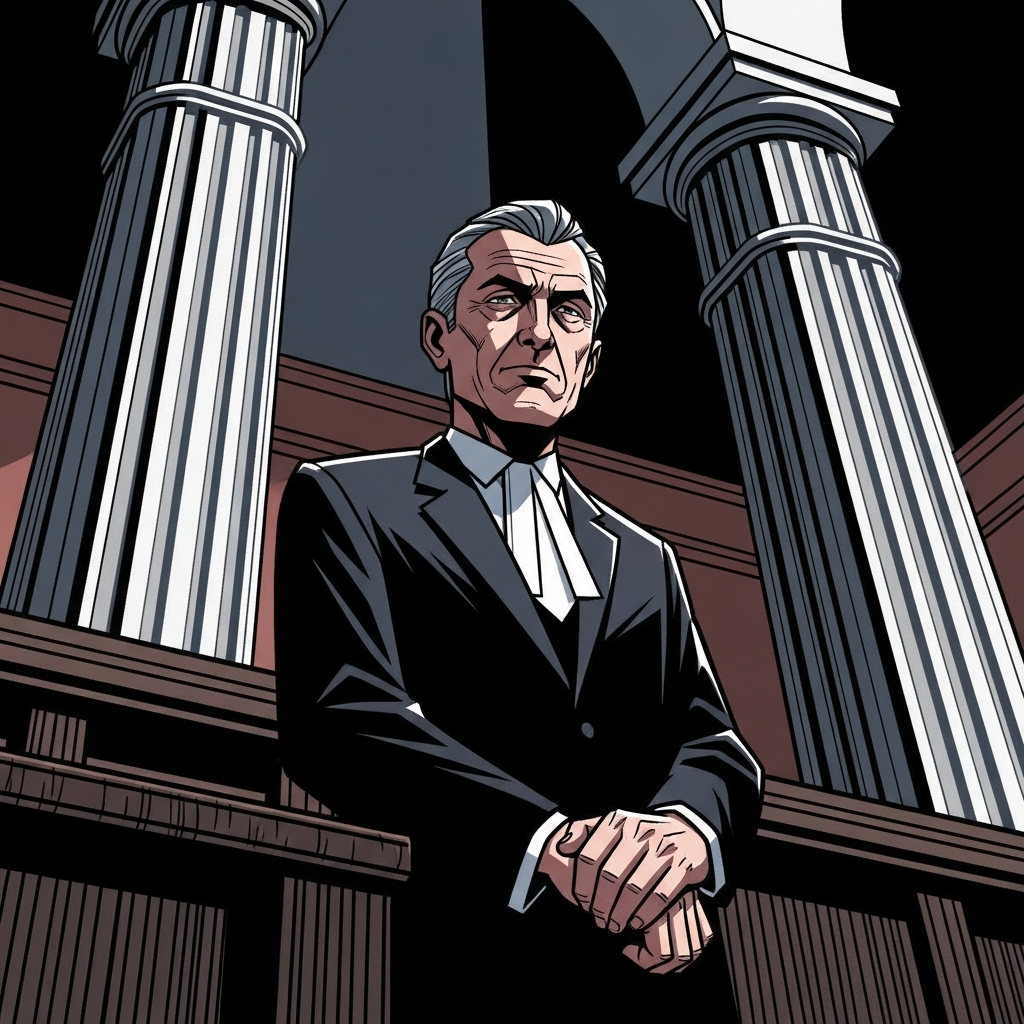In a significant diplomatic event underscoring deepening international ties, India’s prime minister Narendra Modi was reportedly conferred with trinidad and Tobago’s most esteemed civilian recognition. The prestigious Order of the Republic of Trinidad and Tobago (ORTT) was presented to Prime Minister Modi during his official visit to the Caribbean island nation on July 5, 2025. This marked a historic first, as he became the initial foreign leader ever to receive this particular honor. The award ceremony took place at the President’s House in St Ann’s, near the capital Port of Spain, with President Christine Carla Kangaloo presenting the decoration.
Prime Minister Modi’s visit to the dual-island nation was a key component of a broader five-nation diplomatic tour spanning multiple continents, including Ghana, Argentina, Brazil, and Namibia. His trip to Trinidad and Tobago held particular importance, being his first official visit to the country since assuming office over a decade prior. It also represented the first bilateral Prime Ministerial visit from India in 25 years, highlighting a renewed focus on strengthening connections with the Caribbean and Latin America regions.
Reasons Behind the Prestigious Award
The decision to bestow the Order of the Republic of Trinidad and Tobago upon Prime Minister Modi was announced by Trinidad and Tobago’s Prime Minister Kamla Persad-Bissessar. According to statements made during the visit, the honor recognized several key aspects of his leadership and global contributions. These included his influential global leadership, his dedicated efforts in fostering close ties with the vast Indian diaspora spread across the world, and his significant humanitarian contributions, notably those made during the challenging period of the Covid-19 pandemic. Upon receiving the award, Prime Minister Modi expressed profound gratitude, stating that he accepted the honor on behalf of the 1.4 billion citizens of India, symbolizing the enduring friendship between the two nations. India’s Ministry of External Affairs echoed these sentiments, noting the award reflected Prime Minister Modi’s “distinguished statesmanship and influential global leadership.”
Acknowledging Deep Historical Connections
The relationship between India and Trinidad and Tobago is built upon a foundation of shared history, rooted in the arrival of indentured Indian laborers. Starting in 1845, following the abolition of slavery under British colonial rule, large numbers of laborers from India were brought to work on the country’s sugar and cocoa plantations. Between 1845 and 1917, over 140,000 laborers settled in Trinidad and Tobago, creating a lasting cultural and demographic link. Today, people of Indian descent constitute a significant portion of the population, accounting for approximately 35-40% of the total. This historical migration has shaped the unique identity of the Caribbean nation and forms a crucial bond with India.
Prime Minister Modi acknowledged this shared heritage, reflecting on how both nations “rose from the shadows of colonial rule to write our destiny of progress.” He noted on social media that both countries stand “tall as proud democracies and pillars of strength in the modern world.” The presence of a large Indian diaspora makes cultural connections particularly vibrant. Prime Minister Modi highlighted the heritage of Trinidad and Tobago’s President Christine Kangaloo, whose ancestors hail from Tamil Nadu, the land of the ancient poet and philosopher Saint Thiruvalluvar. Referencing Thiruvalluvar’s teachings on the qualities of strong nations, Modi characterized Trinidad and Tobago as a friendly nation that stands together with India.
Boosting Economic Ties and Diaspora Engagement
Beyond the ceremonial aspects, Prime Minister Modi’s visit focused significantly on enhancing bilateral cooperation, particularly in the economic sphere. Discussions centered on boosting investment across various sectors, including energy, health, and security. Trinidad and Tobago’s Prime Minister Kamla Persad-Bissessar detailed specific commitments made by her Indian counterpart, announcing planned investments in medical infrastructure, energy projects, and technological advancements. Prime Minister Persad-Bissessar emphasized the forward-looking nature of the visit, describing it as “more than just diplomacy” but rather a “new dawn” where India and Trinidad and Tobago would collaborate as “strategic partners.”
A key announcement addressing the Indian diaspora during the visit concerned Overseas Citizen of India (OCI) cards. Prime Minister Modi declared that citizens of Trinidad and Tobago of Indian origin, up to the sixth generation, would now be eligible to receive OCI cards. This provision significantly facilitates travel and connection with India, allowing recipients to live and work freely within the country. This move underscores India’s continued commitment to strengthening ties with its diaspora communities worldwide, acknowledging their heritage and facilitating their engagement with the ancestral homeland.
A Pattern of Global Recognition
The Order of the Republic of Trinidad and Tobago marks another significant addition to Prime Minister Narendra Modi’s growing list of international accolades. Reported as his 25th international honor, it places the Trinidad and Tobago award within a broader pattern of global recognition for his leadership. Just prior to arriving in Port of Spain, Prime Minister Modi was conferred with ‘The Officer of the Order of the Star of Ghana’, Ghana’s national honor, also recognizing his distinguished statesmanship and influential global leadership.
Over recent years, Prime Minister Modi has received top civilian and state honors from numerous countries across different regions. These include prestigious awards such as the Grand Cross of the Order of Makarios III from Cyprus, the Order of Zayed Award from the UAE, the Order of St. Andrew the Apostle from Russia, the Grand Collar of the State of Palestine, and the Grand Cross of the Legion of Honour from France, among others. Analysts suggest this accumulation of high-level awards from diverse nations, including several Muslim-majority countries like Saudi Arabia, the UAE, and Egypt, signifies Prime Minister Modi’s “unmatched stature” and “profound global impact.” They often characterize India’s foreign policy under his leadership as “unapologetically ‘India First’,” a confident approach that is increasingly being acknowledged and respected internationally.
Divisions Emerge Regarding the Honor
While the award was celebrated by the government and warmly received by the Indo-Trinidadian Hindu community, who view Modi as a significant figure and the honor as a “karmic realignment” reconnecting them with India, it also generated significant division within Trinidad and Tobago. The country’s largest Muslim organization, the Anjuman Sunnat-ul-Jamaat Association (ASJA), expressed strong objections. The ASJA reportedly planned to voice “deep and principled concern” to local authorities and the Indian High Commission. Their opposition stems from concerns regarding alleged religious intolerance in India under Modi’s leadership and perceived targeting of the Muslim minority. They cited events such as the revocation of Kashmir’s special status and referenced the 2002 Gujarat riots, though acknowledging the Indian Supreme Court cleared Modi in 2022 regarding the riots. The ASJA emphasized the need for “justice, truth, and accountability” in dialogue, not just polite diplomacy. Social media reactions within Trinidad and Tobago also reflected mixed opinions, balancing support for diplomatic relations with questions surrounding the rationale for bestowing the ORTT.
This division underscores the complexity of international relations, where official state honors can be viewed through different lenses by domestic populations, particularly in countries with deep historical and demographic ties to the honored nation.
Frequently Asked Questions
What is the Order of the Republic of Trinidad and Tobago and why was PM Modi awarded it?
The Order of the Republic of Trinidad and Tobago (ORTT) is the highest civilian honor awarded by the Caribbean nation. Prime Minister Narendra Modi was reportedly conferred with this award on July 5, 2025, marking the first time a foreign leader has received it. The reasons cited by the Trinidad and Tobago government included recognition of his influential global leadership, his significant engagement with the Indian diaspora worldwide, and his humanitarian efforts, particularly during the Covid-19 pandemic.
Beyond receiving the honor, what was the main goal of Prime Minister Modi’s visit to Trinidad and Tobago?
Prime Minister Modi’s two-day visit to Trinidad and Tobago was part of a larger five-nation diplomatic tour. A primary objective was to strengthen New Delhi’s ties with countries in the Caribbean and Latin America. Specific goals included boosting investment in key sectors like energy, health, and security. Discussions also covered enhancing people-to-people connections, symbolized by the announcement of Overseas Citizen of India (OCI) card eligibility for up to the sixth generation of citizens of Indian origin in Trinidad and Tobago.
Were there any differing opinions or controversies surrounding PM Modi receiving Trinidad and Tobago’s highest honor?
Yes, while the award was celebrated by the government and the Indo-Trinidadian Hindu community, it faced objections from the country’s largest Muslim organization, the ASJA. Concerns were raised regarding alleged religious intolerance and the treatment of minorities in India under PM Modi’s leadership, referencing historical events and ongoing criticisms from human rights groups. This highlighted differing perspectives within Trinidad and Tobago regarding the significance and appropriateness of the honor.
Conclusion
Prime Minister Narendra Modi’s reception of the Order of the Republic of Trinidad and Tobago represents a significant moment in India-Trinidad and Tobago relations. It highlights not only India’s increasing global profile, as evidenced by the long list of international honors, but also the deep historical and cultural bonds between the two nations, particularly through the large Indian diaspora. While the honor was a symbol of strengthening state-to-state ties and future economic partnership, it also brought to the surface differing views within Trinidad and Tobago, reflecting the complex interplay of history, identity, and international politics. The visit underscores India’s strategic focus on engaging with regions like the Caribbean, building on shared heritage for future cooperation.


